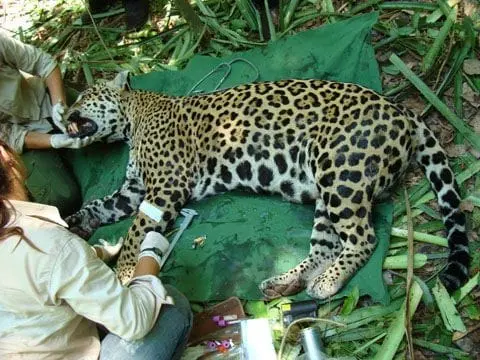
The Complex World of Veterinary Wildlife Medicine
Wildlife veterinarians have undergone wide-ranging education and training, developing advanced knowledge of animals that most traditional veterinarians might never even encounter, let alone treat. Some wildlife veterinarians work in protected nature preserves, while others offer their services to zoos, parks, and other facilities that host wild and/or endangered animals.
If you or your organization holds responsibility for the care of such animals, you'll find your wildlife veterinarian right here at Anderson Exotic Veterinary Care. We can provide wellness exams, spay or neuter surgery, vaccinations, parasite prevention, dental care, and other preventative services for many kinds of wild animals. We can also provide surgery, disease treatment, and injury rehabilitation services for these special creatures, from initial adoption of an orphaned or injured animal to that animal's eventual release back into the wild.
Exotic Pets Need Specialized Care Too
If you own an exotic pet that has been domesticated, you'll find that your unusual animal has his own particular health challenges and needs. Cold-blooded animals, for instance, require a regular source of warmth in their enclosure, while exotic pets such as birds and sugar gliders can have very specific nutritional requirements. Some lizards are vegetarians, while others eat live prey. Dr. Nathan Anderson can advise you on how to care for your exotic pet and watch out for certain telltale signs of illness or injury. (Missing or scraggly-looking feathers, for example, often indicate that a bird has developed a medical, nutritional, psychological issue that merits veterinary attention.)
We can recommend an ongoing routine of exams and other wellness care procedures to help your pet stay healthy. On the other end of the urgency scale, if your pet experiences a veterinary emergency such as a fracture, choking incident, or toxin ingestion, we can provide prompt, potentially life-saving treatment. We can care for baby animals and senior pets with equal skill.
Talk to Our Veterinary Team Today
Wildlife and exotic animals may present some unusual challenges for the humans who care for them -- but our veterinary team is ready, willing, and able to accept those challenges. Contact our clinic at 800-462-8749 today to learn more.

